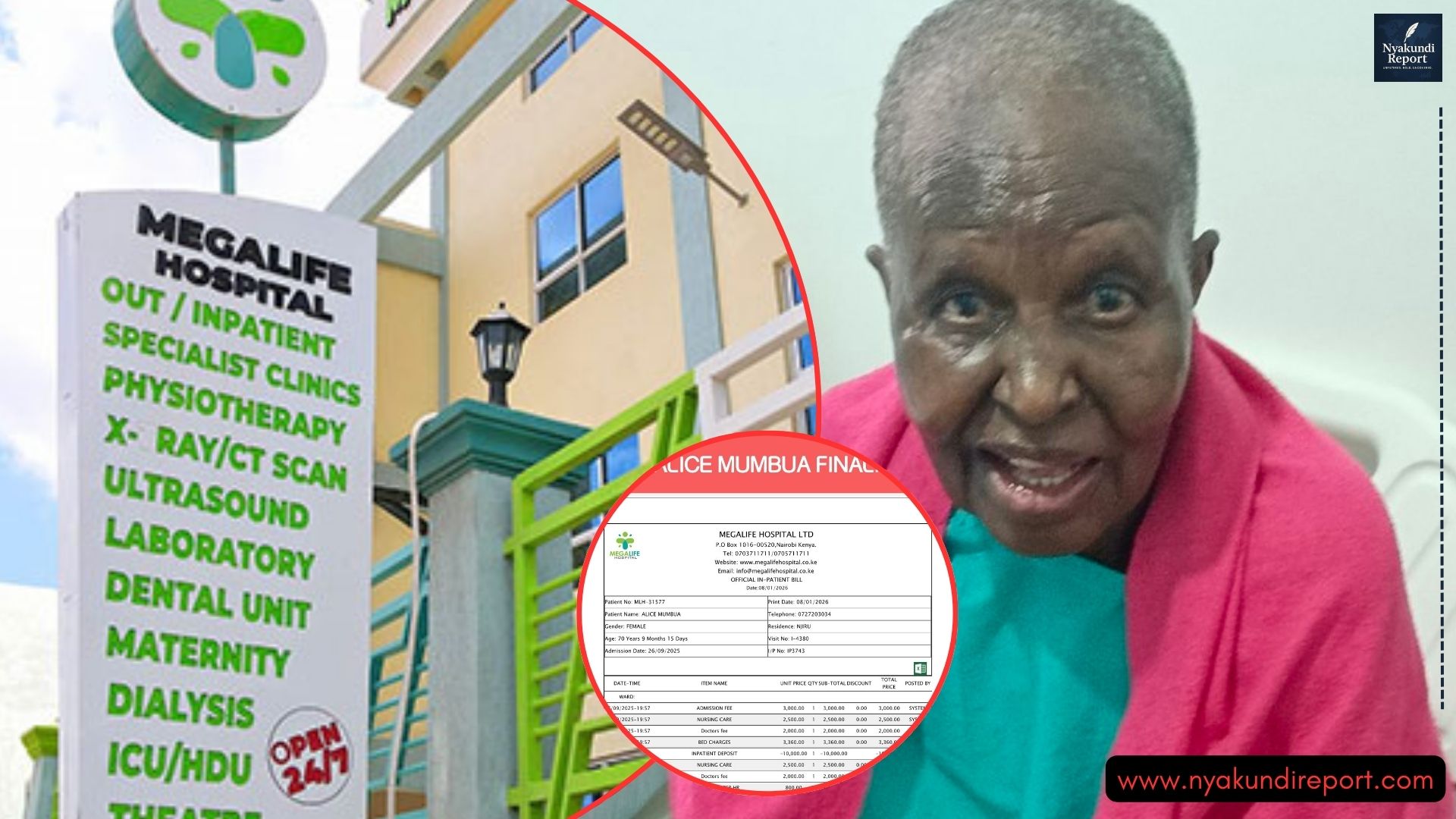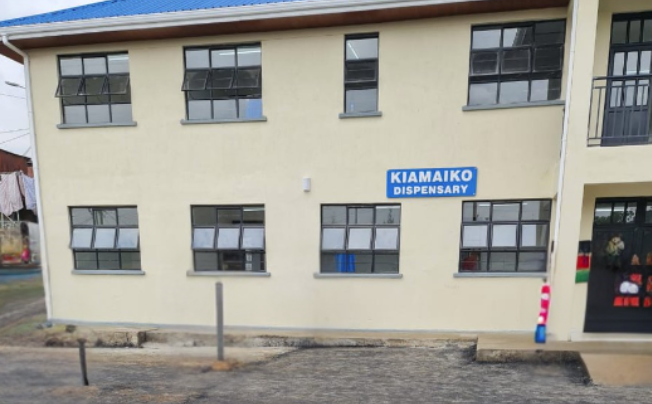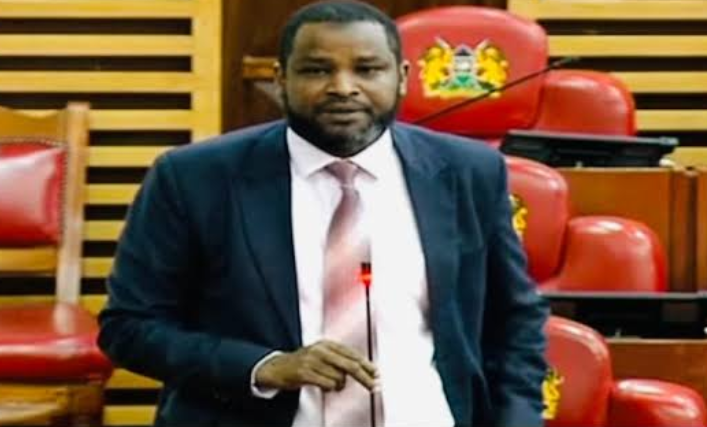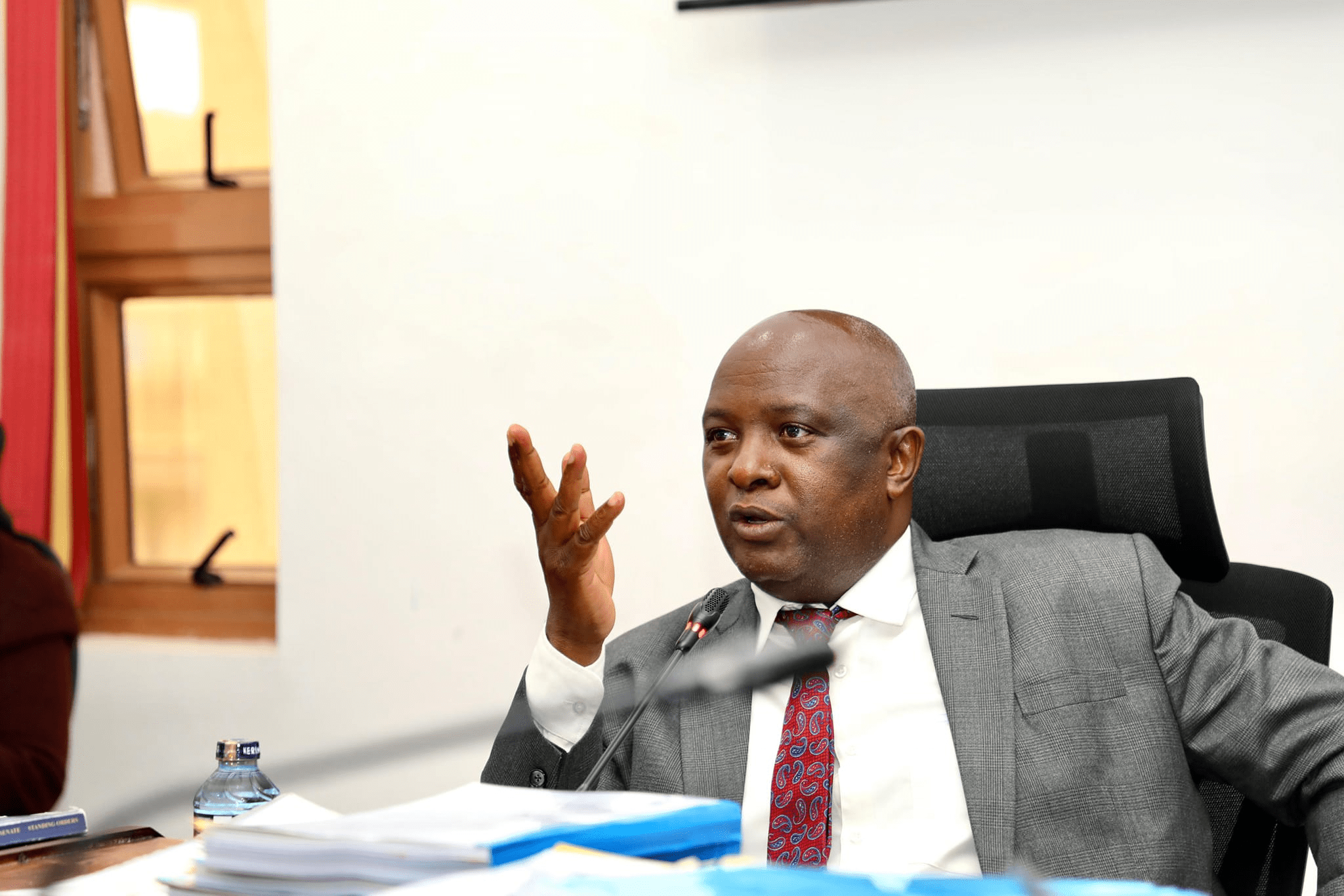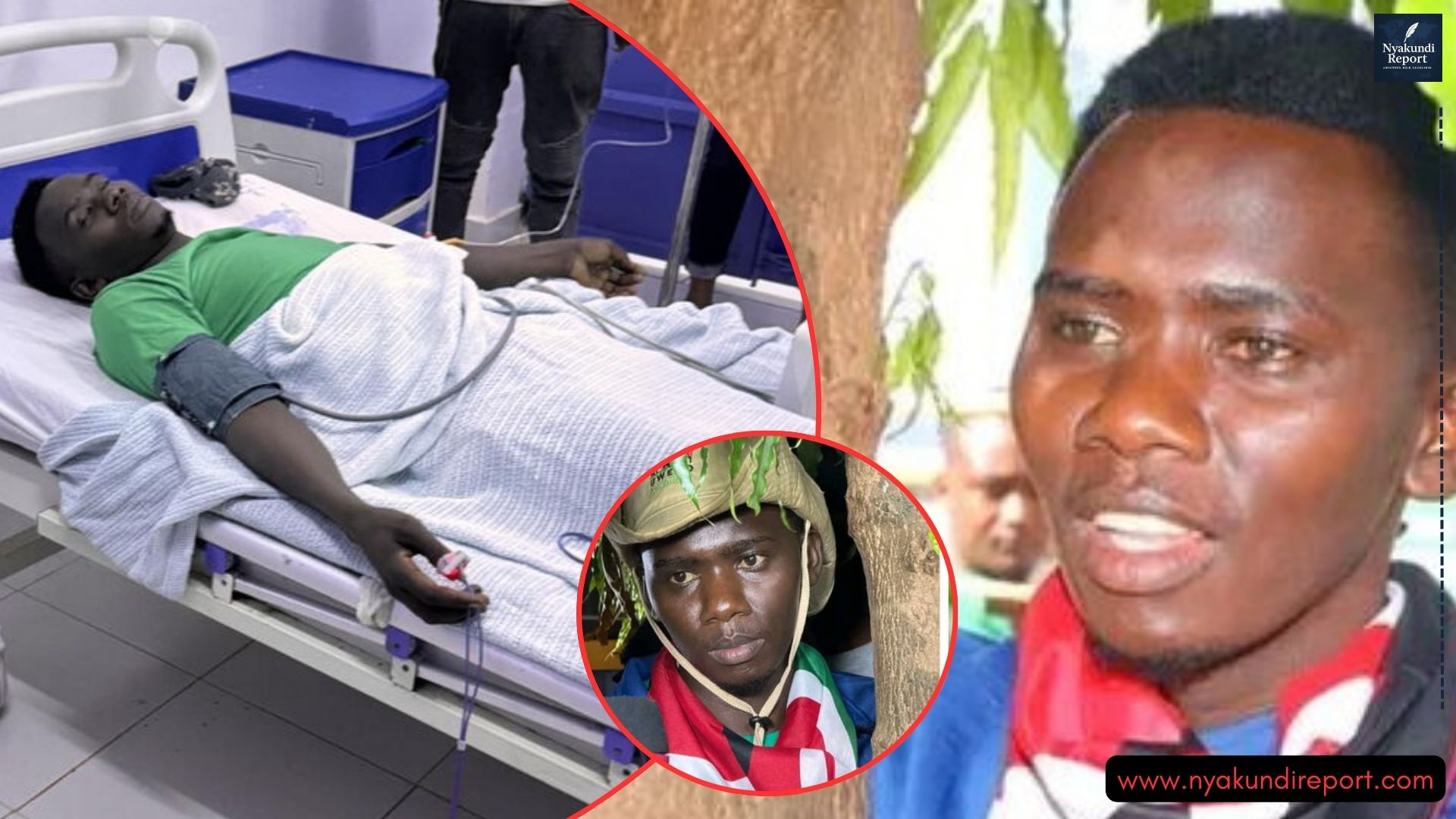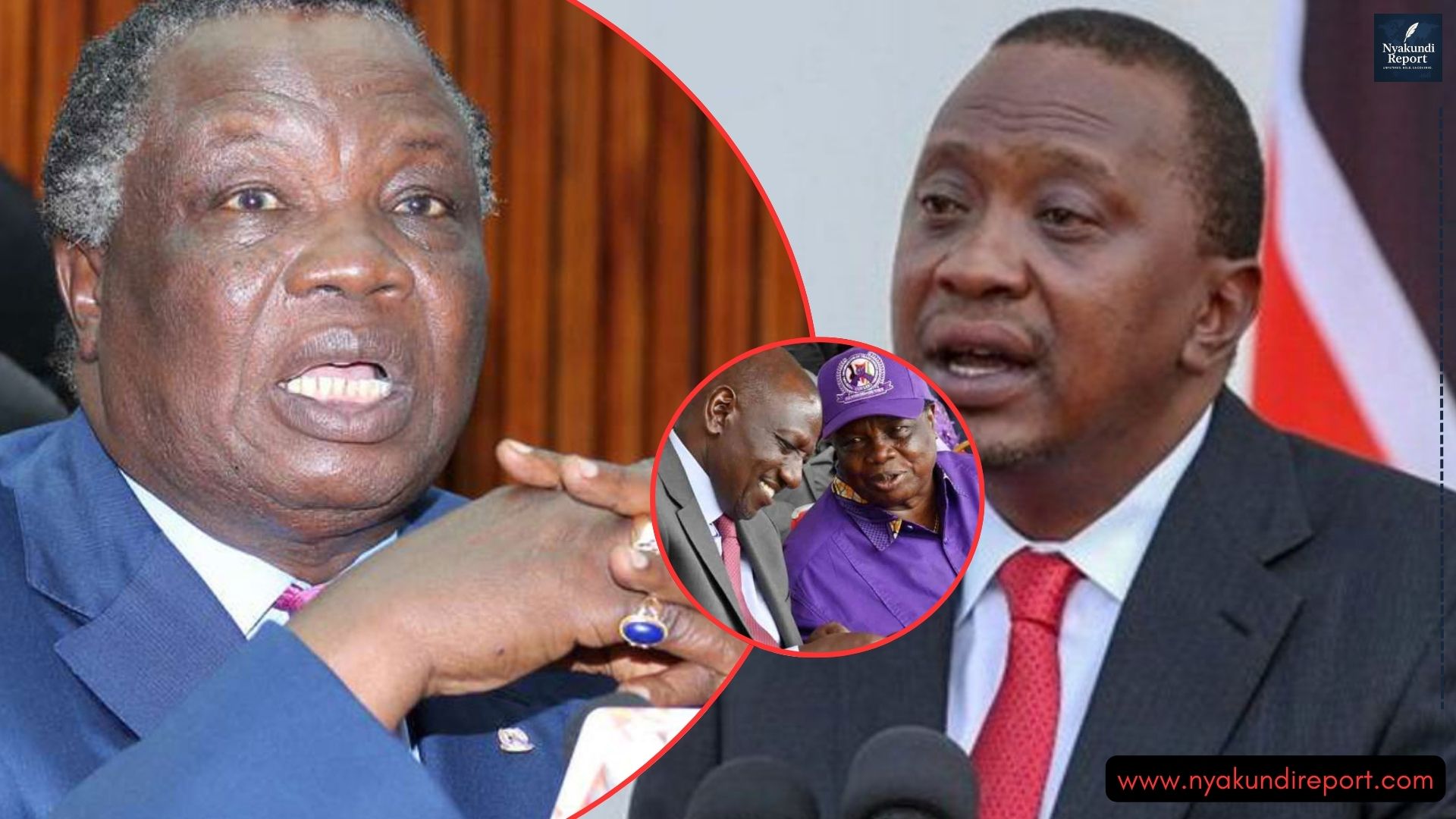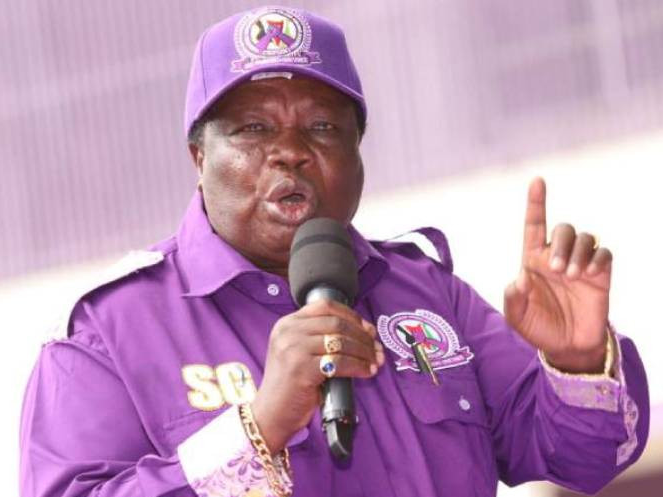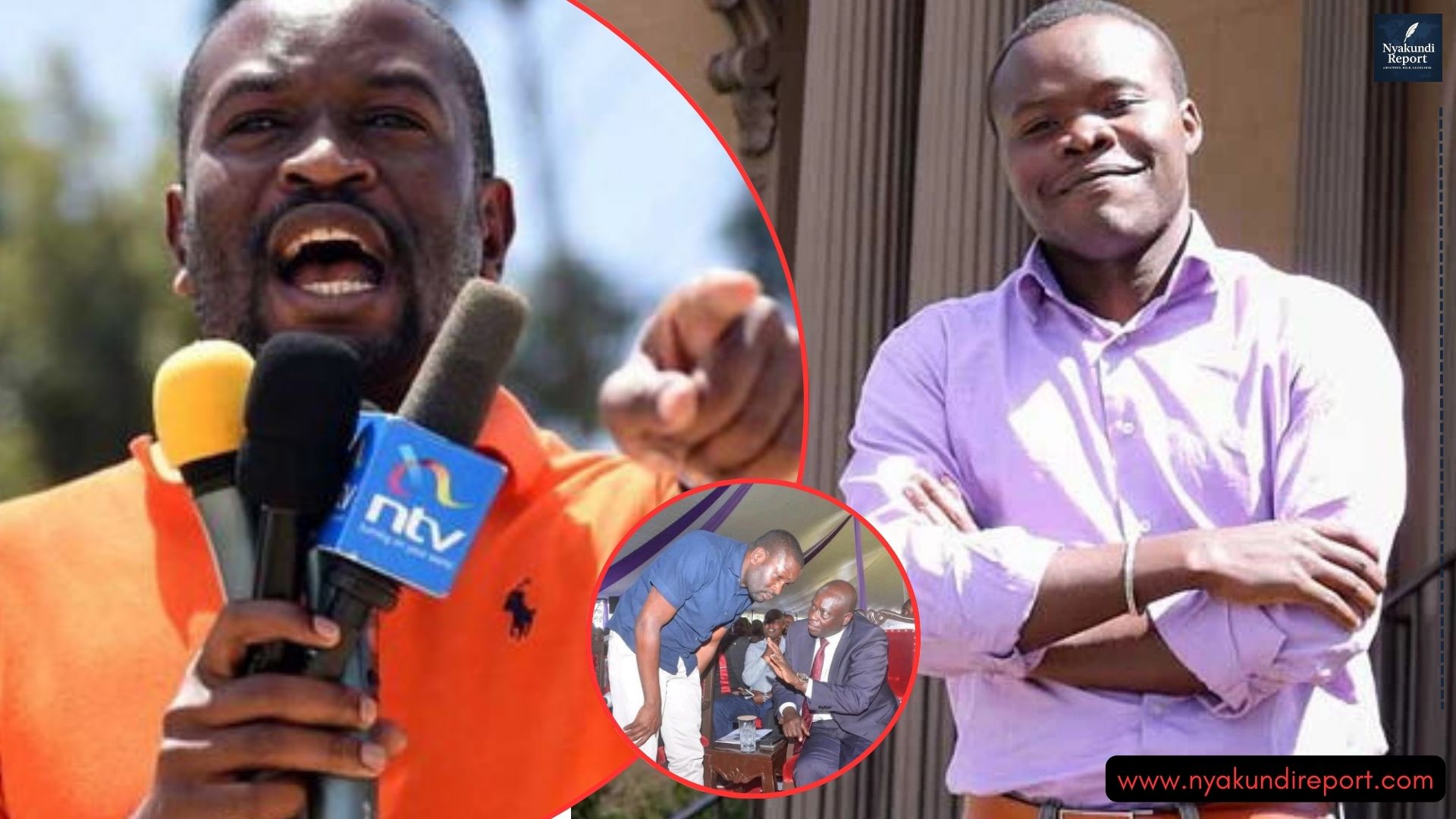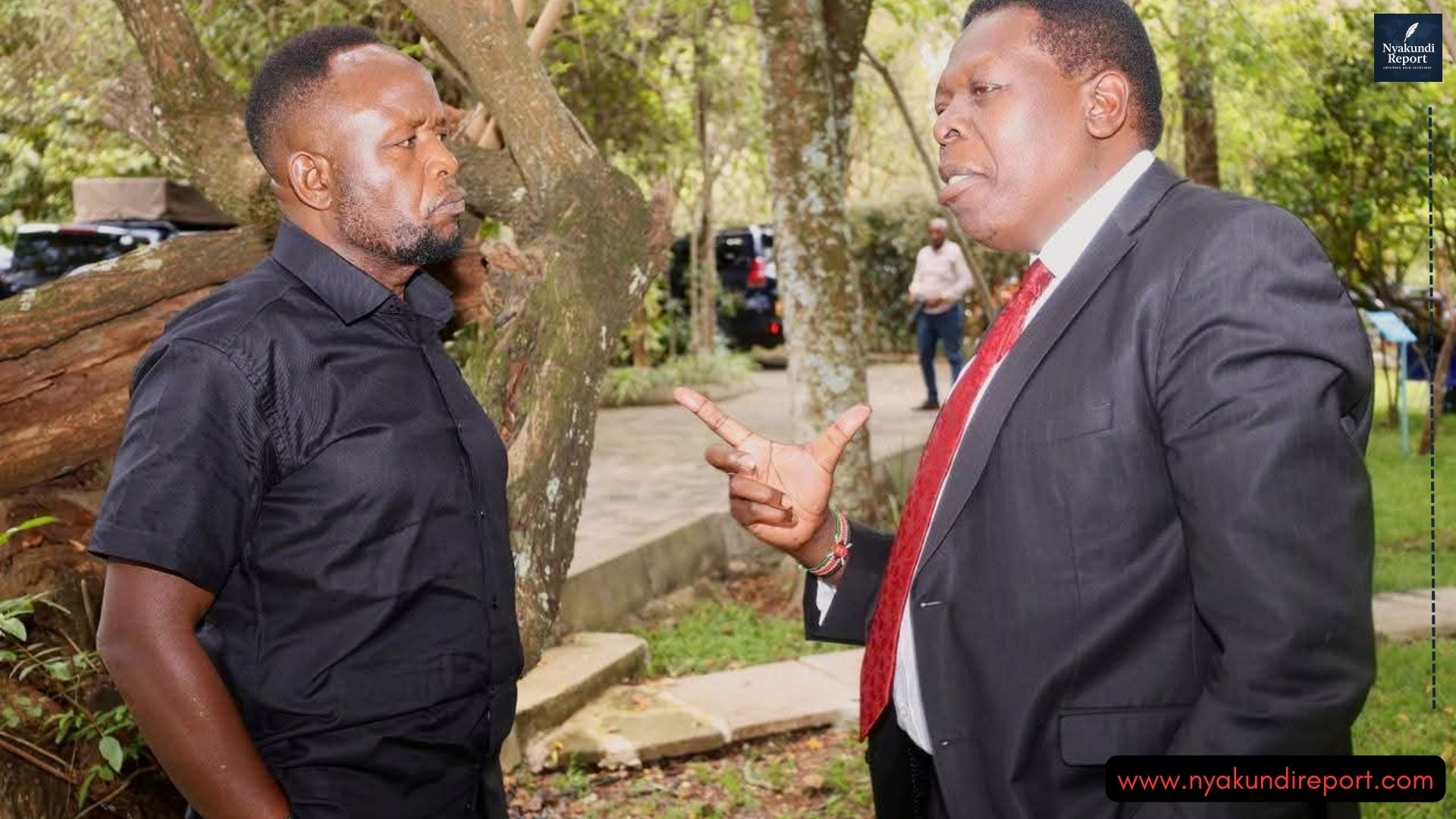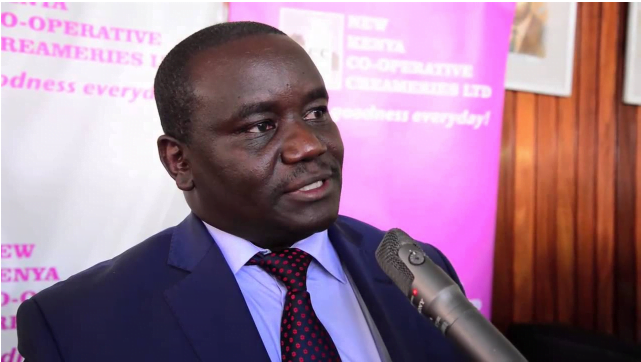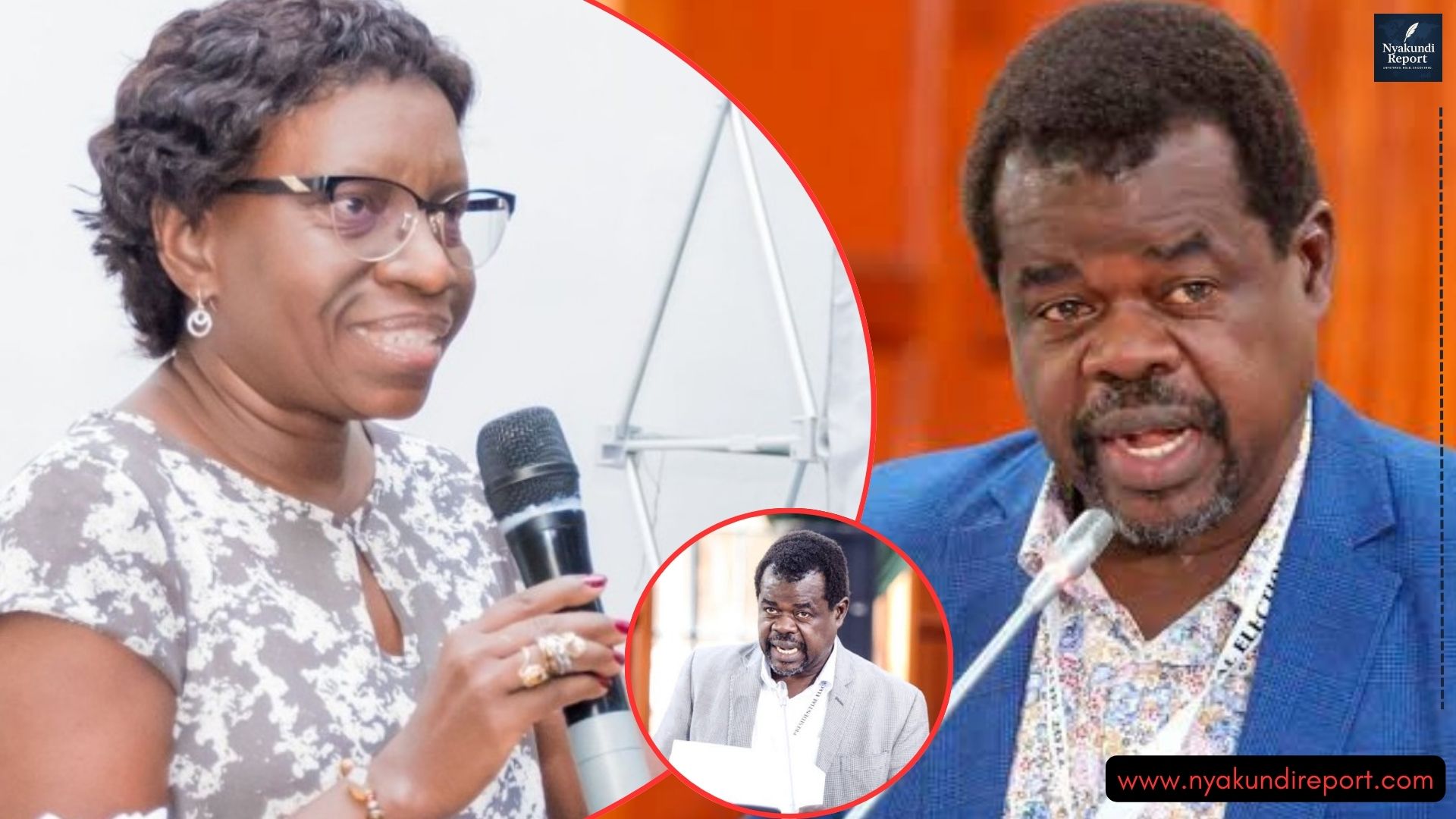Fresh allegations have emerged implicating Narok Governor Patrick Ole Ntutu in attempts to influence the long-running Olkiombo land case, a dispute that touches on land located within the Maasai Mara National Reserve and which has been active for over two decades.

According to sources familiar with the case, the land has remained under the custodianship of the Narok County Government over the years, as legal proceedings continued without a final determination.
But with Ntutu now serving as county chief, questions are being raised over a shift in approach that some view as favouring his family interests.
The sources allege that Governor Ntutu is backing his brother in efforts to acquire the disputed land.
This alleged move appears to coincide with what has been described as deliberate legal restructuring by the county.
In what is seen as a major shake-up, the governor reportedly removed the previous Senior Counsel Okong’o Omogeni, the Senator for Nyamira County and former Law Society of Kenya Chairman who had been handling the matter.
He has now installed Senior Counsel Paul Muite, who is said to lack a working history with the case, raising doubts about the rationale for the change and its intended outcome.
Tensions surrounding the matter have drawn the attention of community groups, with youth organisations and other local residents said to be actively engaging in legal efforts to stop the takeover.
Sources say that these groups have petitioned for a stay order and filed an appeal but the county government, through an affidavit by the County Secretary, is reported to have attempted to block their involvement by opposing the admission of new parties into the case.
The affidavit, said to have been filed on behalf of the governor, has been described as an attempt to silence dissent and prevent wider community participation in a land matter that directly affects them.
The county is also being accused of trying to frustrate other pending appeals, further narrowing the avenues for contestation.
The land in dispute, which sits in one of Kenya’s most lucrative tourism zones, has long attracted competing interests. Those who have followed the matter point to what they see as increasing attempts to isolate the community from the ongoing court process while enabling politically connected parties to benefit.
The source who spoke to us said they are available for further clarification and discussion, and expressed concern that the county government is working to shut out the community entirely while facilitating a predetermined outcome.



The ruling that transferred ownership of 4,000 acres to Governor Ntutu’s brother was delivered on Friday, 7 March 2025, by the Environment and Land Court in Narok, setting off a new wave of resistance from local residents who accused the judiciary of colluding with political actors.
The following day, protests erupted in Olkiombo, with youth barricading roads and chanting slogans condemning what they described as a state-sanctioned land grab.
Since then, tensions have continued to simmer across parts of Narok West, with elders, local politicians, and advocacy groups warning that the move could provoke long-term instability if not reversed.
Multiple appeals have been lodged in court throughout March and April, challenging both the ruling and the process leading up to it.
At the same time, a parallel petition seeking to enjoin local residents as interested parties remains stalled, with insiders pointing to persistent efforts by the county to restrict public participation.
Throughout the month of March, residents conducted prayer meetings and peaceful marches demanding transparency in how the matter has been handled, particularly regarding the abrupt change in legal representation and the lack of community consultation.
By early April, several letters had been written to the National Land Commission and the Ministry of Lands seeking intervention, although no public statement has been issued by either institution.
Civil society organisations based in Narok and Nairobi have also taken up the matter, calling for a moratorium on any development or transfer of title until all appeals are concluded.
Within the county assembly, a handful of MCAs are said to be preparing a motion compelling the executive to explain its conduct in court, including the basis on which Senior Counsel Paul Muite was briefed and whether any conflict of interest exists.
Meanwhile, opposition leaders from the region have begun using the Olkiombo case as a rallying point, accusing the Kenya Kwanza administration of turning a blind eye to illegal land acquisitions in Maasai territories.
A statement issued in Nairobi last week by a coalition of pastoralist lawmakers called for a parliamentary inquiry into what they termed “organised disenfranchisement of indigenous custodians of tourism lands”.
Even as the case remains active in court, sources say fencing activities have already resumed on the land, fuelling fears that physical occupation may be completed before the legal process runs its course.
Drone footage captured in early April reportedly shows new boundary demarcations, leading residents to question whether government agencies have quietly authorised preliminary works.
The Kenya Wildlife Service and the Narok County Lands Office have not responded to repeated inquiries seeking clarity on whether they were involved in approving any activity on the site.
Some residents are now appealing to international conservation groups to intervene, citing the location’s proximity to key wildlife corridors and the risk posed to ongoing ecological projects.
By maintaining pressure both locally and nationally, activists hope to prevent what they describe as the complete exclusion of the Maasai community from one of the most valuable conservation and revenue-generating parcels in the country.

